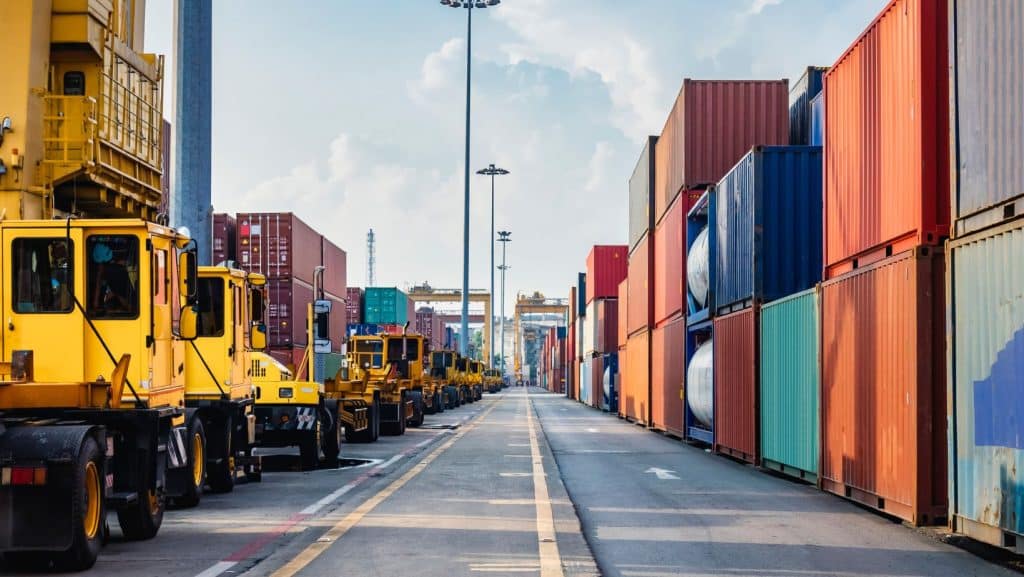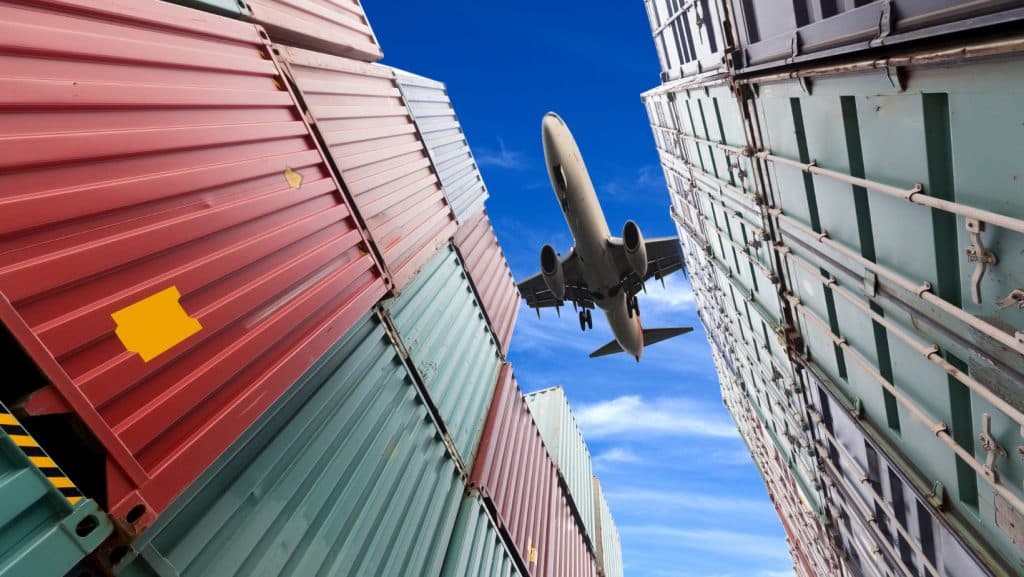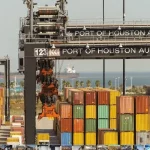WAN HAI FACES $950,000 FINE UNDER REVISED FMC SETTLEMENT OVER DETENTION CHARGES
Ocean carrier Wan Hai would pay a $950,000 fine under a proposed settlement involving claims it wrongfully charged US shippers detention penalties on 21 occasions in the spring of 2021, according to a revised agreement submitted to the Federal Maritime Commission (FMC). The penalty amount — up from an original $850,000 in May — comes after a 14- month investigation by the FMC’s Bureau of Enforcement, Investigations and Compliance (BOEIC). The new agreement was filed Monday with the FMC; the agency has 30 days to review the settlement. Under the agreement, Taiwan-based Wan Hai would also be forced to pay undisclosed restitution to the shippers in question and be limited from assessing any detention charges when containers cannot be returned.

NEW NS NORFOLK-MEMPHIS SERVICE AIMS TO GRAB EAST COAST CARGO SHIFT
Norfolk Southern Railway will launch a new international intermodal service between the Port of Virginia and Memphis beginning April 1 in a move to capture trans-Atlantic business from Europe and Asia as more cargo owners shift freight to ports along the US East Coast. NS now serves Memphis primarily through Charleston, South Carolina, and Savannah, Georgia. Trains moving the roughly 900 miles between Norfolk and Memphis will take four days, roughly a day longer than Savannah trains but a day shorter than trips from Charleston. Like Charleston and Savannah, trains will run every day and serve both terminals at the Port of Virginia — Norfolk Intermodal Terminals and Virginia International Gateway. NS service out of the Port of Virginia had previously been restricted to the Midwest, or destinations in Missouri, Kentucky, and points north. The Port of Virginia will place chassis in Memphis to prevent additional strain on other third-party chassis pools. The Port of Virginia owns its chassis pool, rather than relying on outside providers such as DCLI, Flexi-Van Leasing, and TRAC Intermodal.
US IMPORTS TO BEGIN RECOVERY, BUT REMAIN WELL BELOW 2022
US imports will begin to climb this month — after experiencing their lowest level since May 2020 last month — but the year-on-year comparisons will remain well below 2022. The month-on-month gains will continue at least through midsummer, the National Retail Federation (NRF) and Hackett Associates said in their monthly Global Port Tracker (GPT) for March. February 2023 imports are projected at 1.56 million TEU, down 13.6 percent from January, 26.2 percent lower than February 2022, and the lowest import level since the pandemic-driven demand crash. GPT forecasts that import volumes for March will come in at 1.74 million TEU, then gradually rise to 1.87 million TEU in April, 1.92 million TEU in May 2 million TEU in June, and 2.13 million TEU in July. But the year-on-year comparisons for 2023 will be well below last year — down 25.9 percent in March, 17.2 percent in April, 19.7 percent in May, and 11.5 percent in June. Those figures are largely unchanged from last month’s GPT forecast. It will be July before imports are mostly on a par with 2022, with the month projected to be down just 2.5 percent from the year-earlier period.

US CHASSIS MARKET NEARING ‘EQUILIBRIUM’ AFTER DISRUPTIVE SHORTAGES
Muted US port volumes combined with new chassis coming off assembly lines will result in an equilibrium in the market in which equipment shortages are no longer an issue by midyear, chassis providers and trucking executives believe. Most of the 2022 chassis orders have been fulfilled and enough units should be available to supply the needs of shippers by June, if not beforehand, according to chassis lessors.
Maersk shifts detention billing to consignees ahead of FMC regulation
Maersk will begin billing container detention charges directly to consignees on so-called merchant haulage moves from April 1 in a move that portends evolving invoicing practices related to potential new requirements from the US Federal Maritime Commission (FMC). Merchant haulage involves container moves where the importer manages the pickup and empty return of a box with its own drayage providers. Detention fees are assessed when a container is returned to a terminal after contractual free time expires. In general, drayage providers or non vessel-operating common carriers (NVOs) that handle drayage on behalf of shippers are billed by carriers for detention. The drayage companies and NVOs then bill the shippers for those charges.




